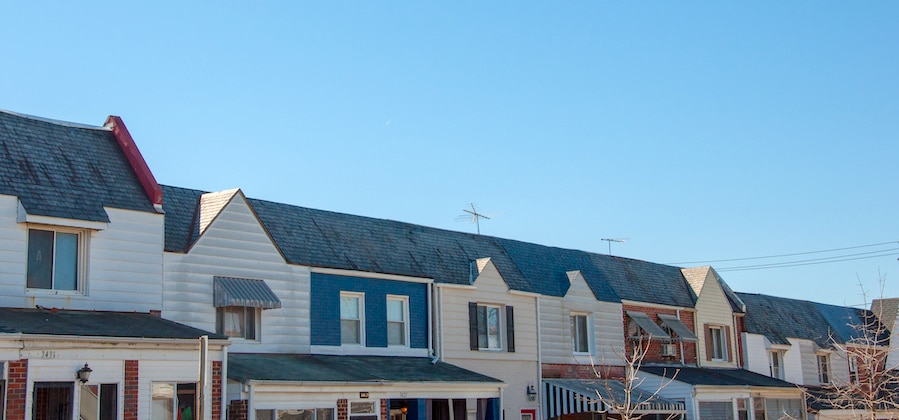
Unfortunately, loopholes are far too easy to find in the real estate development industry. They are hiding in plain sight in lots of places. Taxation, zoning, affordable housing programs or even government incentives jointly provide an abundance of loopholes and unscrupulous developers will find a way to take advantage of them. For many years, unethical, or at the very least short-sighted development has been the norm. Now, with the rise of sustainable and socially conscious development, a new generation of investors and developers are shedding the profit-driven dogma of the past to work towards a more ethical real estate industry. This includes creating more livable and equitable housing which can generate returns similar to traditional, profit-driven development projects.
The worst outcome
Perhaps the worst outcome of unethical real estate development is displacement. Projects initially pitched to provide a rebirth and revitalization for underserved neighborhoods can instead, sometimes unwittingly, lead towards gentrification, in turn driving long-term residents from their communities and homes.
Many areas slated for “urban renewal” in the past were primarily filled with single-family homes while the neighborhood itself was zoned for both single-family and multifamily properties. This provided a particularly attractive opportunity to profit-driven developers since the density of the neighborhood could be increased with apartments and condominiums many of which were out of the price range of current residents. This in turn led to a great deal of residential turnover in these communities and an acceleration of the harms associated with that turnover.
Community pushback
After years of such unchecked development, many communities- and aligned developers and investors- have started to push back. More appropriate zoning, sustainable and energy efficient housing, community cohesion, walkability, bike-ability and equality, amongst others, have moved to the forefront of the conversation. Often these conversations have been led by local organizations dedicated to preserving neighborhood character and ensuring positive growth in housing and commercial enterprises. Now, single-minded profit-driven real estate development is being supplanted by a collaborative approach- with local stakeholders and community-minded real estate professionals, developers and investors all talking to each other to plan for the best community outcomes.
Mix it up
Bigger or more of the same is not always better if your goal is to create diverse and livable communities. Studies have shown that mixed-income neighborhoods thrive compared to monoculture neighborhoods primarily comprised of a single social or economic class. Many of the worst examples of suburban sprawl or overzealous urban luxury development prioritize high-income, white-collar workers and families at the expense of others who may not be as socioeconomically well-off.
These monoculture neighborhoods can be islands that residents commute to and from, only serving a small and elite sub-set of our country’s demographic. And let’s not forget what these isolated communities spawn – environmental and health issues related to commuting, lack of walkability and lack of long-term sustainability. These neighborhoods also degrade over time from A to B and C Class housing, and residents are left with vast tracts of homes, with little commercial or social activity within the bounds of their neighborhood.
Smaller steps
A focus on developing smaller projects, such as micro/economical single-family homes, duplexes, or apartment buildings can avoid many of the headaches and harms that come with large-scale, homogenous development. Rather than knocking down existing affordable housing, or dominating an area with mega-structures, developers can work to maximize usable real estate and land (even non-traditional, unique and oddly shaped lots) while largely preserving the character and makeup of the neighborhood. These smaller projects can be much easier to finance for developers, as capital investment costs will be lower. And investors can benefit from the diversification value of multiple small projects as opposed to a single large project.
_
We can’t change the mistakes of the past, but we can work to ensure they are not repeated. Housing affects every facet of our society, from employment opportunities to the environment, to social and economic justice within a neighborhood. While legislative and community-based solutions are absolutely necessary to weed out bad actors and unethical development, pro-social developers and investors can also make a contribution to a future with carefully planned communities and neighborhoods.
Image, Riverview Terrace, courtesy of Small Change.
